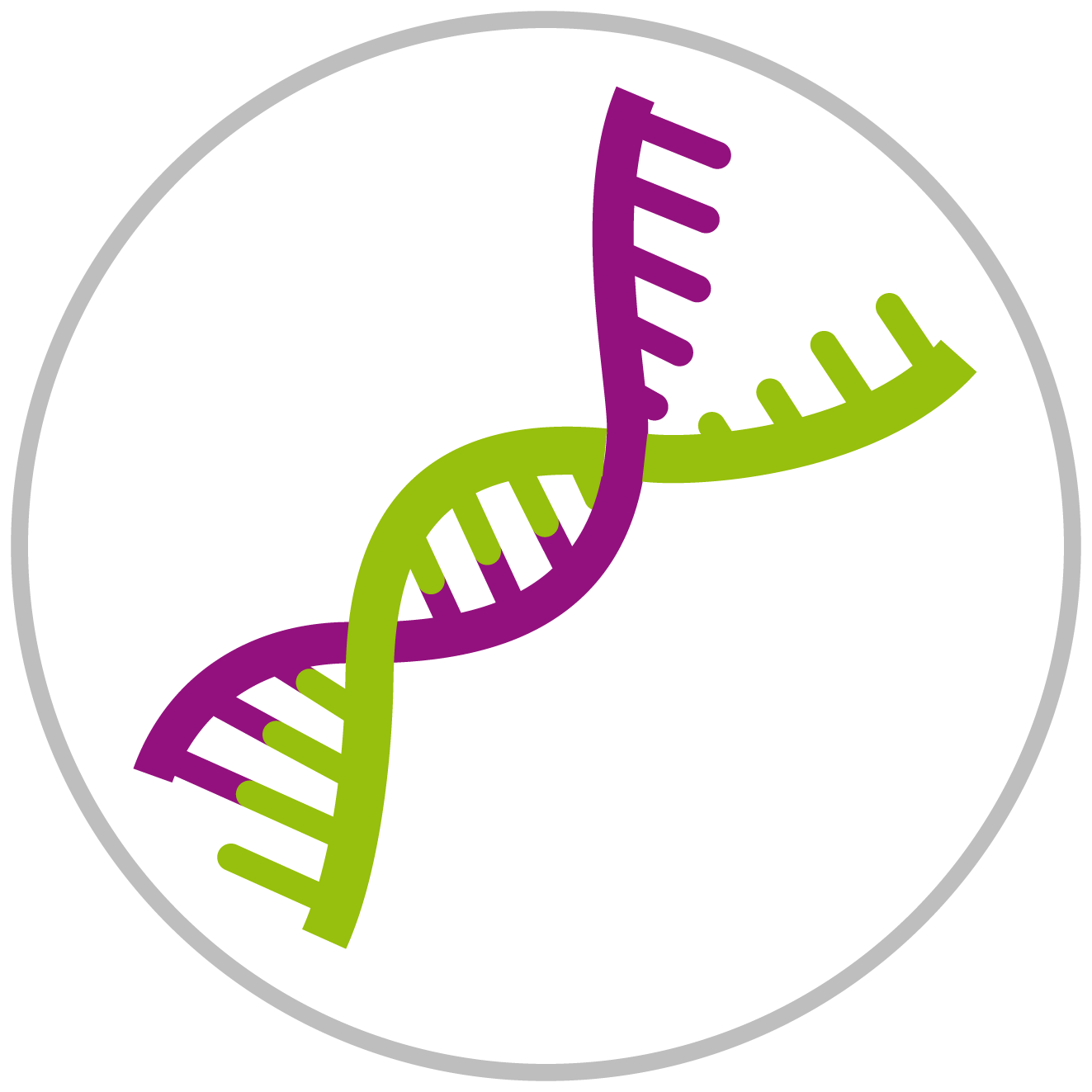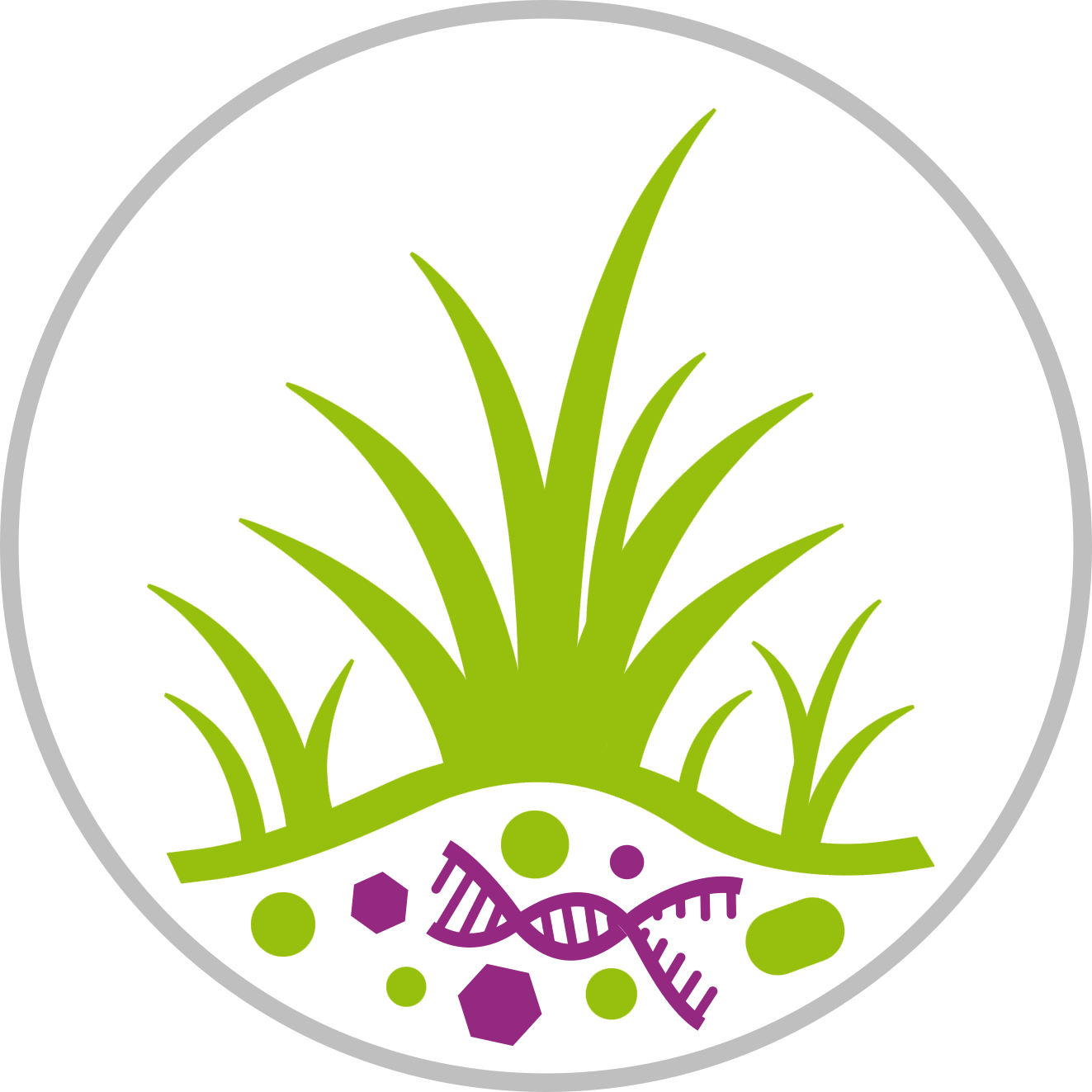The weighted LCA algorithm is identical to the weighted LCA algorithm used in Metascope. It operates as follows: In a first round of analysis, each reference sequence is given a weight. This is the number of reads that align to the given reference and that have the property that all the significant alignments for the read are to the same species as the reference sequence (but can also be to a strain or sub-species below the species node). In a second round of analysis, each read is placed on the node that is above 75% of the total weight of all references for which the read has a significant alignment.
The Weighted LCA algorithm will assign reads more specifically than the naive LCA algorithm. Because it performs two rounds of read and match analysis, it takes twice as long as the naive algorithm.
New telephone numbers:
Office: +36 30 427 6251 / Sequencing Lab: +36 30 427 6152 / Food Safety Lab: +36 30 392 4192 / Animal Health Lab: +36 30 392 3642
Déri S, Borbás J, Hartai T, Hategan L, Csányi B, Visnyovszki Á, Madácsy T, Maléth J, Hegedűs Z, Nagy I, Arora R, Labro AJ, Környei L, Varró A, Sepp R, Ördög B. Impaired cytoplasmic domain interactions cause co-assembly defect and loss of function in the p.Glu293Lys KNCJ2 variant isolated from an Andersen-Tawil Syndrome patient. Cardiovasc Res. 2020
Recent paper: The Role of MicroRNAs upon Epithelial-to-Mesenchymal Transition in Inflammatory Bowel Disease
Cells 2019, 8 (11), 1461
Éva Boros, István Nagy: The Role of MicroRNAs upon Epithelial-to-Mesenchymal...
Read more ...
Recent paper:Y-chromosome haplogroups from Hun, Avar and conquering Hungarian period nomadic people of the Carpathian Basin
Sci Rep 9, 16569 (2019) doi:10.1038/s41598-019-53105-5
Endre Neparáczki, Zoltán Maróti, Tibor Kalmár, Kitti Maár, István Nagy, Dóra Latinovics, Ágnes Kustár, György Pálfi, Erika Molnár, Antónia...
Read more ...
Recent paper: Clinical and genetic landscape of treatment naive cervical cancer: Alterations in PIK3CA and in epigenetic modulators associated with sub-optimal outcome
EBioMedicine. 2019 Apr 2. pii: S2352-3964(19)30214-2.
Scholl S, Popovic M, de la Rochefordiere A, Girard E, Dureau S, Mandic A, Koprivsek K, Samet N, Craina M, Margan M, Samuels S, Zijlmans H,...
Read more ...
Recent paper: CRISPR-interference based modulation of mobile genetic elements in bacteria
Synthetic Biology, https://doi.org/10.1093/synbio/ysz008
...
Read more ...
Recent paper: Phylogenetic barriers to horizontal transfer of antimicrobial peptide resistance genes in the human gut microbiota
Bálint Kintses, Orsolya Méhi, Eszter Ari, Mónika Számel, Ádám Györkei, Pramod K. Jangir, István Nagy, Ferenc Pál, Gergely Fekete, Roland Tengölics, Ákos Nyerges, István Likó, Anita Bálint, Tamás Molnár, Balázs Bálint, Bálint Márk Vásárhelyi, Misshelle Bustamante, Balázs Papp & Csaba Pál. Nature Microbiology volume 4, pages 447–458 (2019)
Bálint Kintses, Orsolya Méhi, Eszter Ari, Mónika Számel, Ádám...
Read more ...
Recent paper: Draft Genome Sequence of Propionibacterium acnes subsp. elongatum Strain Asn12
Microbiol Resour Announc 7:e00801-18.
Read more ...






